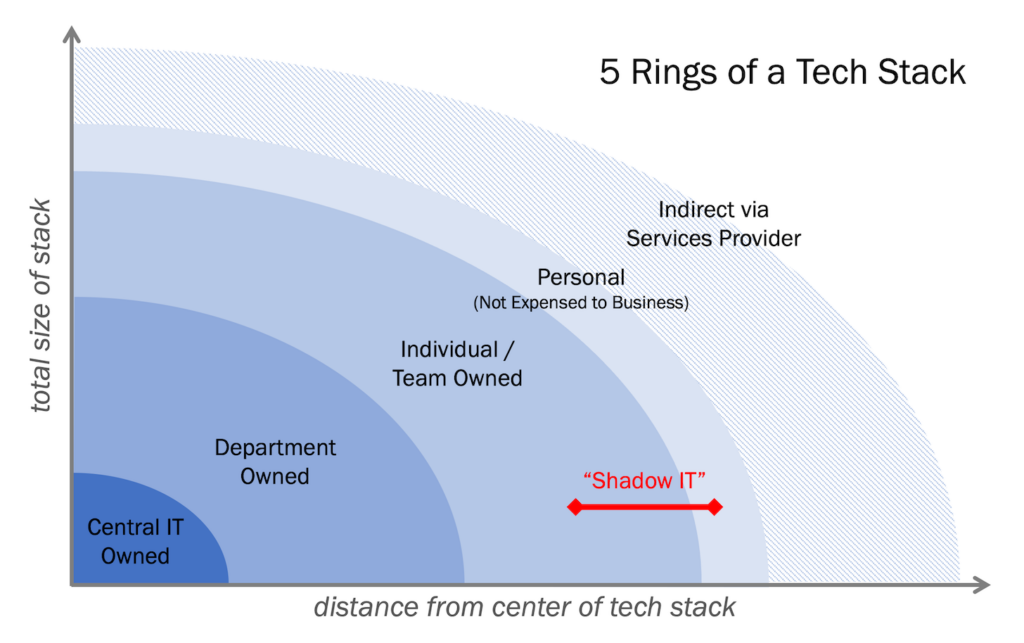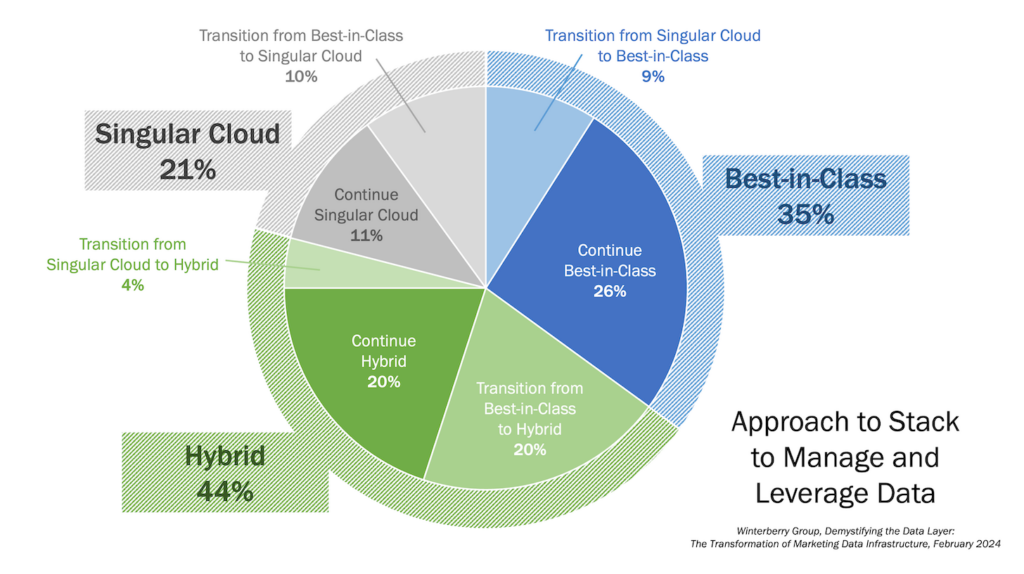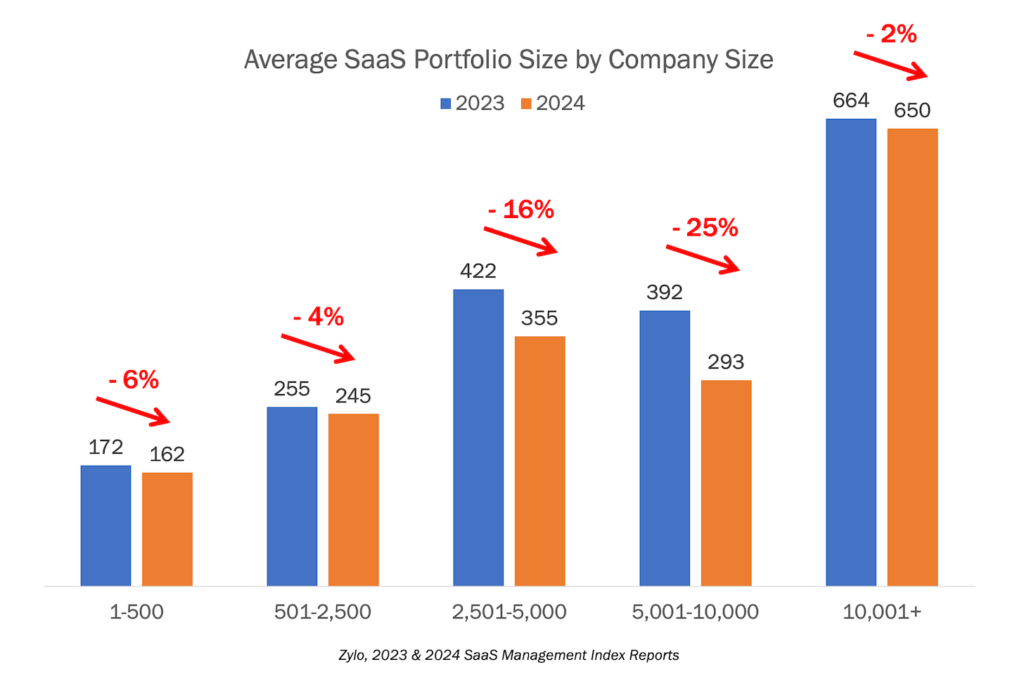
Written mostly from the perspective of ad agencies, advertising is portrayed as undergoing a seismic shift from Mad Men to a mixed mission with equal parts creatives and finance quants (Mad Money?). “Where the data guys were once an afterthought in a marketing presentation, now they are at the core of the online strategy.”
The shift to data-based campaigns is forcing marketers to learn new skills and drawing a new breed of worker to Madison Avenue. While most data executives now in the field came from media backgrounds, they are recruiting Wall Street math geniuses because the job requires hourly adjustments in strategy based on numbers.
There’s a great section where Matt Greitzer of Razorfish talks a bit about building a data practice inside their agency and the rationale behind it:
With so much information to trade on, several advertising firms are creating their own data-based practices.
“We have, over the last year or so, gotten more and more interested in the ways that you can use data to make advertising more effective online,” says Matt Greitzer, the vice president of search marketing and auction-based media at Razorfish, which is building its exchange group.
In addition to what an ad should say, and where and when it should run, advertisers have to figure out how much each ad, or “impression,” is worth. The data helps them do that. “You’re making, in some cases, real-time decisions about how much to pay for a specific impression,” Mr. Greitzer says.
Cool stuff. Although, I’m obliged to point out, the complexity embodied in such dynamic systems — computational, managerial, and from “externalities” — is daunting. Obviously, that’s the reason to bring in Wall Street math geniuses. Instead of computational finance, it’s the new computational marketing. Instead of financial engineering, it’s marketing engineering.
But as excited as I am about those possibilities, um, you know that Wall Street math wizardry sort of ran into a multi-trillion dollar bump recently, right? I had to pause when I read this paragraph in the article:
As data executives continue to build on their research, this arena could resemble Wall Street even more: yield managers could hedge their purchases, buy futures to lock in prices and use other trading strategies. And this type of sophisticated testing and trading will require changes in clients’ attitudes.
Definitely something powerful and wonderful in that intersection of math and marketing. But I would suggest that Fooled By Randomness by Nassim Nicholas Taleb be required reading for everyone contemplating that combination.
I wholeheartedly believe that marketing should leverage quants and computer scientists, and incorporate them into its strategic leadership, but mirroring Wall Street too closely would probably be a mistake. There’s a new synthesis of these ideas that deserves to be its own new vision.



Of course…having thouroughly screwed up the world of finance, it only makes sense to thoroughly screw up online marketing. In addition to Fooled by Randomness, make sure you read The Black Swan…
Matt Greitzer will maek a name for himself before being fired and look for a new area to apply his idiotic talents.
Jaffer Ali, CEO
Vidsense
Jaffer, the frustration expressed in your comment — at least with regard to applying computational finance techniques to marketing — strikes me as a reaction that many people might have.
Even if there are great benefits to doing so (and, with some caveats, I believe there are), I suspect that the popular sentiment may be quite negative to the idea. The “Wall Street approach” is not viewed favorably in most circles — which is why I was a bit surprised that The New York Times spun the story that way. Not everyone who leverages data is a financial engineer.
As for the part of your comment about Matt, that seems a bit unnecessary. I’ve only met him once, but he strikes me as a smart guy with a tough job.
I will, however, second your recommendation for “The Black Swan”. Great book that cuts right to the heart of this type of big stakes numerical analysis.